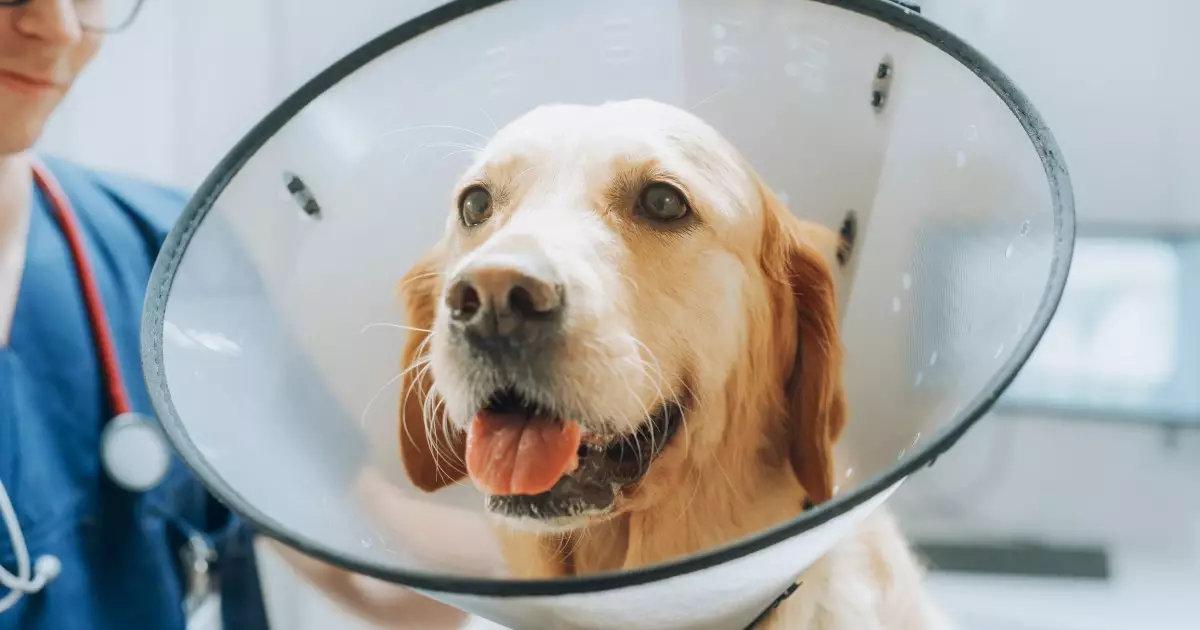When it comes to caring for our canine companions, neutering is often a topic of debate among dog owners. Neutering male dogs entails a surgical procedure that not only prevents them from reproducing, but also offers a myriad of health and behavioral benefits. As discussions around pet overpopulation and animal welfare continue to grow, understanding the advantages of neutering as well as the procedure itself is vital for any dog owner.
Neutering, often referred to as castration, is a surgical operation that involves the removal of a male dog’s testicles. Unlike spaying, which is the equivalent procedure for female dogs, neutering is relatively straightforward. A veterinarian administers anesthesia, makes a small incision in the scrotum, and removes the testicles. This procedure is usually conducted on an outpatient basis, allowing the dog to return home the same day.
The operation typically requires some form of post-operative care, including a short recovery period during which the dog may need to wear an Elizabethan collar to prevent licking of the incision site. In general, most male dogs heal well within two weeks and can resume their normal activities.
One of the primary reasons for neutering is to control the pet population, particularly since many shelters face the devastating issue of overcrowding. Unfortunately, this situation leads to the euthanization of thousands of otherwise healthy, adoptable dogs each year. Neutering then becomes not merely a personal choice, but a societal necessity. However, numerous additional benefits accompany this decision.
Firstly, neutering significantly reduces the risk of certain health issues, such as testicular cancer and various prostate problems. This is particularly crucial as dogs age. Studies indicate that neutered males tend to experience fewer complications related to reproductive health as they enter their senior years.
Moreover, neutered dogs often exhibit calmer demeanor. The reduction in testosterone levels generally results in diminished aggressive behaviors, reduced roaming tendencies, and decreased marking. By tempering those instinctual drives, a neutered dog can become a better-integrated member of the household, easing tensions in multi-pet environments.
Choosing when is the right time to neuter your dog can vary based on several factors, including breed, age, and health. While many veterinarians suggest neutering between six months and one year of age, some studies have indicated that performing the procedure earlier can yield additional health benefits. That said, puppy owners should consult their vet to make the best decision tailored to their dog’s specific needs.
Particularly concerning are conditions like cryptorchidism, where testicles remain undescended in the abdomen. Such dogs are at a much higher risk of developing testicular tumors and should be neutered promptly—regardless of age.
Once your male dog undergoes neutering, be prepared to manage his discomfort and monitor his recovery closely. It’s common for dogs to experience some level of nausea or appetite fluctuations post-surgery, and it’s important not to panic. They will gradually return to their normal selves, but patience is key.
Swelling at the incision site is also a normal occurrence. However, if excessive licking leads to complications or you notice unusual discharge or signs of infection, it’s essential to reach out to your veterinarian. Keeping the dog’s activity levels limited for a few days post-surgery is advisable to ensure proper healing.
It’s worth noting that while many owners hope neutering may completely eliminate certain undesirable behaviors, it doesn’t guarantee cessation of every instinctual action. Some behaviors, such as humping, may continue but are more associated with dominance than sexual urges.
The decision to neuter your male dog is multi-faceted. While it plays a critical role in curbing pet overpopulation, the health and behavioral benefits serve to enhance the quality of life for both the dog and its owner. Any concerns regarding the surgical procedure, recovery, and behavior changes should be openly discussed with a qualified veterinarian. Ultimately, neutering should be seen as part of responsible pet ownership, contributing to a healthier pet population and a more harmonious household.

